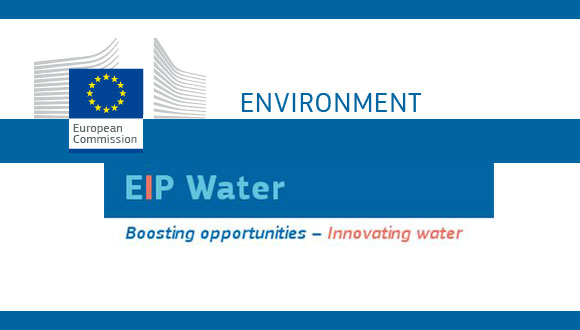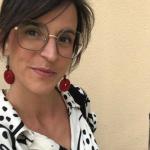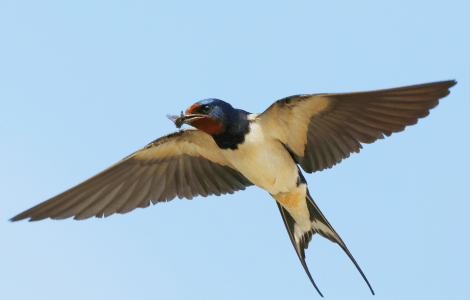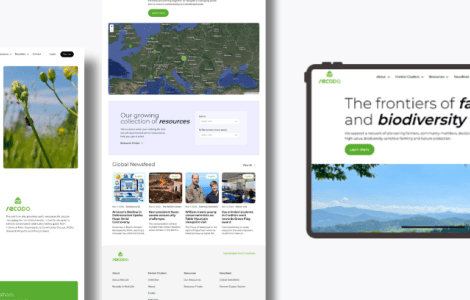El CREAF participará en un nuevo Grupo de Acción sobre servicios ecosistémicos en la EIP donde water
La CE ha seleccionado el grupo de acción Ecosystem Services for Europe para la primera fase de la EIP donde Water. Así pues, el CREAF formará parte de los 9 grupos seleccionados por la CE y la propia European Innovation Partnership on water (EIP on water) de entre los 64 que se habían presentado a la convocatoria, para poner en marcha la 1 ª fase operativa de esta iniciativa .

"Ecosystem Services for Europe (ESE)" es el nombre del grupo de acción que, liderado por CIRCE Universidad de Zaragoza, trabajará para proveer a la CE con las carencias a nivel de investigación e innovación del tema propuesto. Los Grupos de Acción coordinan diferentes actores, públicos y privados, con un claro interés de profundizar en la innovación de las temáticas recogidas por la EIP donde Water. El grupo de servicios ecosistémicos pretende desarrollar una metodología innovadora que permita evaluar los beneficios ambientales y económicos que nos proporcionan los ecosistemas.
Se espera que la CE tenga en cuenta estas necesidades y financie proyectos en próximas convocatorias de la Horizon 2020, que den respuestas y soluciones. En el mismo grupo encontramos EFI Med y la Agencia Catalana del Agua que fueron invitados por el CREAF a sumarse al grupo.
ESE - Ecosystem Services for Europe
Descripción: The Action Group aims to develop a consensual and agreed methodology to assess the tangible and intangible benefits from natural and constructed ecosystems in environment and monetary terms. This methodology will be tested, adapted and implemented in a range of European and non-European demo sites as European, national and local (RTD) projects.
Expected is the development of a unique set of economic indicators (in monetary values), allowing economic comparisons among diverse areas and different scenarios.
The main issues to be included are: - Ecosystem functions allocation, biophysical processes understanding, natural microbial communities, water resources to guaranty the ecosystem functions and ES; - Local studies on wetlands and paddy fields, buffer zones; - Good agriculture practices, sustainable architecture, global warming effects and energy aspects related to ES; - Sustainable use of storm waters and groundwater use, and drainage in cities; and - Tariff and business models, stakeholder´s perception, economic effectiveness of the ES.
Market opportunities will be especially centred on the creation of new SMEs to carry out the alternative water management techniques based on the new methodology, as well as the implementation of new ICT devices that could easily measure the biologic and environmental status of water bodies.
Coordinador: CIRCE Research Centre
Socios: IRSA Research Institute; Geological Survey of Finland GTK; EU-rice network; Lulea University of Technology LTU - Urban Water Engineering SWE; Centre for Ecological Research and Forestry Applications CREAF; Centro Tecnológico LEITAT; Institute for Science - Innovation & Society; Coventry University - Urban Physical Geography - Sustainable Urban Drainage Systems (repress. also the Water Efficiency in Buildings Network & the Integrating Sciences to Sustain Urban Ecosystem Services (ISSUES) Group & EPSRC and the Better Thames Network); Decagon Devices INC; Centre Assessoria Dr. Ferrer S.L.; UMS GmbH
Países: Finland, Germany, Italy, Netherlands, Spain, Sweden, United Kingdom, United States
Más información: http://ec.europa.eu/environment/water/innovationpartnership/nine_action_groups_en.htm







